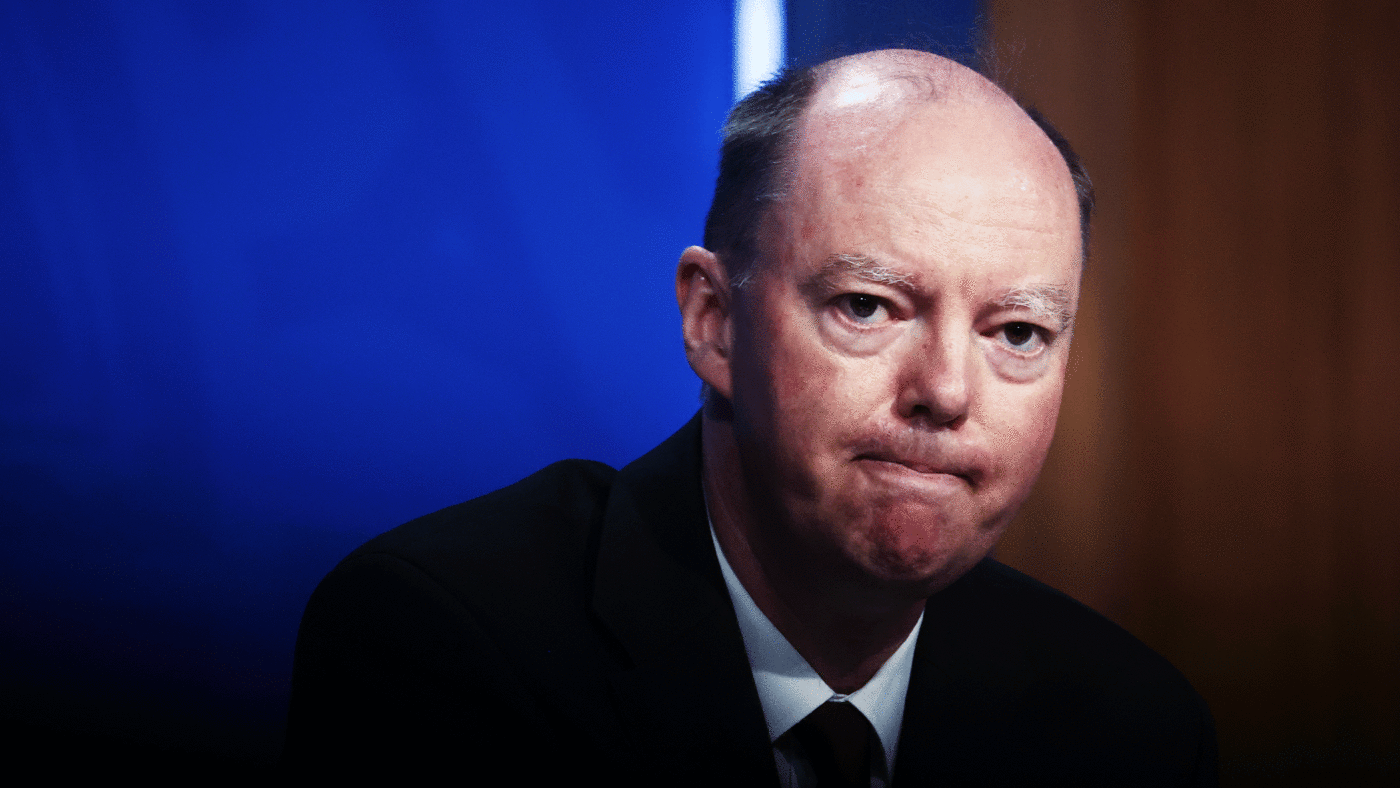From the start of the pandemic, one thing that Boris Johnson seemed to grasp was the importance of simple, unified messaging to bring people along on key public health measures.
Yet today’s announcement that it is going to green-light vaccinations for school-aged children strays a long way from that principle.
England’s Chief Medical Officer, Chris Whitty, was keen to stress that getting jabbed at that age wasn’t ‘barn-door obvious’. Worse, the Joint Committee on Vaccination and Immunisation (JCVI) concluded last week that the benefits to children were so marginal that rolling out the programme to them wholesale wasn’t worth it.
The gap between the two positions is perfectly explicable. Whitty was charged with assessing the wider benefits of the move, especially with regards to reducing disruption to education and improving kids’ mental wellbeing. But one can understand why many parents will be nervous about choosing to overrule the JCVI, especially when the Government can only talk about the putative benefits to schools in the most general terms, and there is apparently a fair bit of evidence to suggest the main vector for disrupting education is the teachers.
The current policy also risks running into legal difficulty. The Government has outsourced the decision to parents, but established doctrine in English and Welsh courts (known as ‘Gillick competence’) holds that under-16s can opt for medical treatment without parental consent. (Meanwhile, as anyone who’s seen The Children Act will know, it can also very difficult for under-18s to refuse medical treatment deemed to be in their best interests. If the courts choose to apply this principle to vaccination, there seems a chance any full rollout to school pupils could become effectively mandatory.)
If there is even a chance that this will help to reduce educational disruption, however, the Government is right to take it. On top of everything else Covid-19 has turned into a schooling disaster, with a decade of education reform wrecked by the Department for Education’s failure to find some way of properly assessing pupils for two years in a row. So catastrophic has been the attendant grade inflation that ministers dare not unwind it for fear of putting subsequent cohorts at a disadvantage. Instead they are apparently turning to a new A** grade – which in a few years, too many people will get – whilst universities try to find their own ways to sift the wheat from the chaff.
It is also probably better that this decision is made now than in a few months’ time, when the Government might be scrambling to be seen to be doing something as a winter wave bears down on the NHS. Last week’s row over vaccine passports highlighted that muddled and inconsistent messaging is by no means confined to the question of vaccinating children.
All week, Nadhim Zahawi gamely made the case that mandatory vaccine passports would be a necessary measure to help ease pressure on public services this winter. Or rather, he alluded to it, for the direct public health case for imposing passports on such venues as nightclubs is thin and he couldn’t admit what was likely the true reason – pressuring people to get vaccinated. Then at the weekend, Sajid Javid hit the TV studios to say that actually, vaccine passports won’t be needed after all. Only for Downing Street to put out a statement that they might be needed after all, and that Javid and Zahawi were somehow both right.
It’s all quite a long way from ‘Hands, Face, Space’. It also makes it difficult to take the Prime Minister seriously when he purports to set out a new strategy for combating coronavirus. He insists that there will be no more national lockdowns, but surely nobody doubts that he will junk that promise in the event that things take a turn for the worse this winter.
Likewise, the Health Secretary’s promise that we will be able to see our families this Christmas may just serve to remind people that ministers made the same promise last year, only to change their mind a few days out. Given that any final decision will doubtless be made based on conditions in December, what purpose is served by offering any kind of promise when summer is barely past? Who is taking that to the bank?
Recent polls showing Labour ahead – a perfectly normal state of affairs for a mid-term government – suggest that we might finally be moving out of the crisis mindset of the pandemic and back towards ordinary politics. But these stories should remind us that whilst much of the public might be starting to move on, the Government is not out of the woods yet.
Click here to subscribe to our daily briefing – the best pieces from CapX and across the web.
CapX depends on the generosity of its readers. If you value what we do, please consider making a donation.


